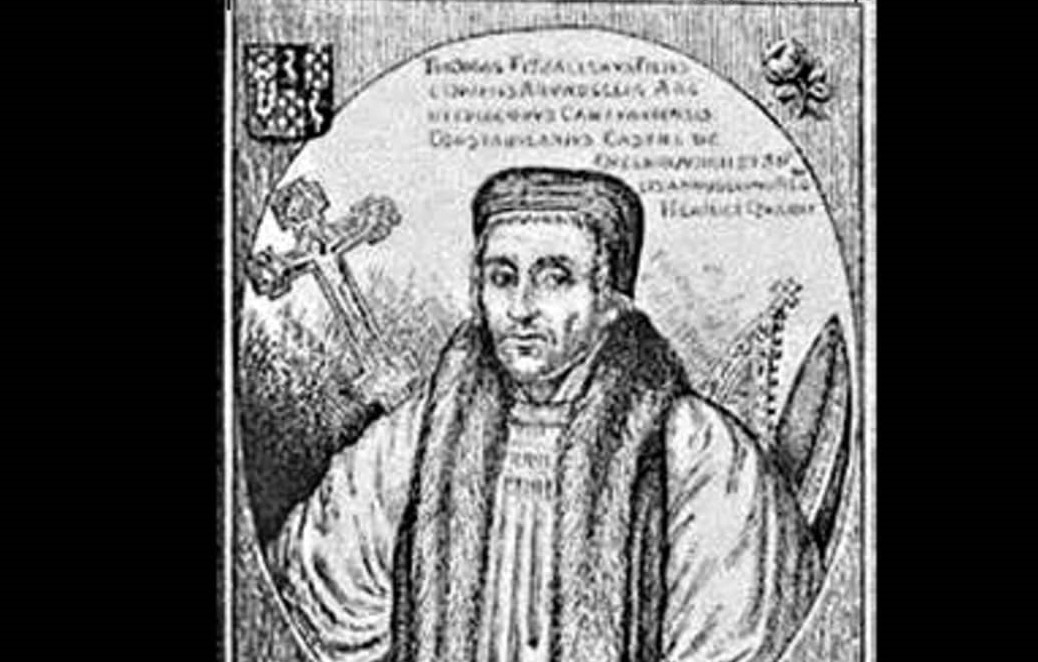He tried to solve the problems of religion in mathematical terms: Who is Thomas Bradwardine?
Although Bradwardine was a scientist, he did not try to reconcile philosophy with science like his contemporaries.

(1290-1349) English philosopher and mathematician. Influenced by Augustine and Anselmus, he tried to solve religious problems in mathematical terms. Born in Sussex, died in Canterbury. He studied theology at Merton College, Oxford. Between 1325 and 1327, he was appointed as an administrator in this region. In 1335 he went to London. He became a chaplain in 1339 and participated in the French Wars. Ten years later he was appointed archbishop of Canterbury. He died while on this mission. Although Bradwardine was a scientist, he did not try to reconcile philosophy with science like his contemporaries. The only subject on which he agreed with his contemporaries was the explanation of the views of William of Occam.
Thomas Bradwardine (c. 1300 – 26 August 1349) was an English cleric, scholar, mathematician, physicist, courtier and, very briefly, Archbishop of Canterbury. As a celebrated scholastic philosopher and doctor of theology, he is often called Doctor Profundus (medieval epithet, meaning "the Profound Doctor").
Bradwardine De Causal Dei (“Divine Cause”) based his masterpiece on two teachings. In this book, he aims to explain the view expressed in the sentence "God's grace is all good works that go before time and nature". Based on this view, he opposed the new Pelagians, who adopted the idea of free will and rejected the dogma of original sin, emphasizing the priority of God's purpose.
Based on the concept of God, which Thomas of Aquino calls the first cause, he concludes that God is effective in the movements of beings. According to him, God exists in creatures in the form of a moving principle.
God has the power to do that transcends all measures. This power is out of the question for human beings. Therefore, there is an opposition between human power and divine power. He tried to explain this opposition not in terms of church dogmas, but by interpreting the generally thought-based views of theology.
In all these views, Bradwardine was influenced by Augustine, Thomas of Aquino, and Duns Scotus and benefited from their thoughts in accordance with the scientific tradition of his age.
